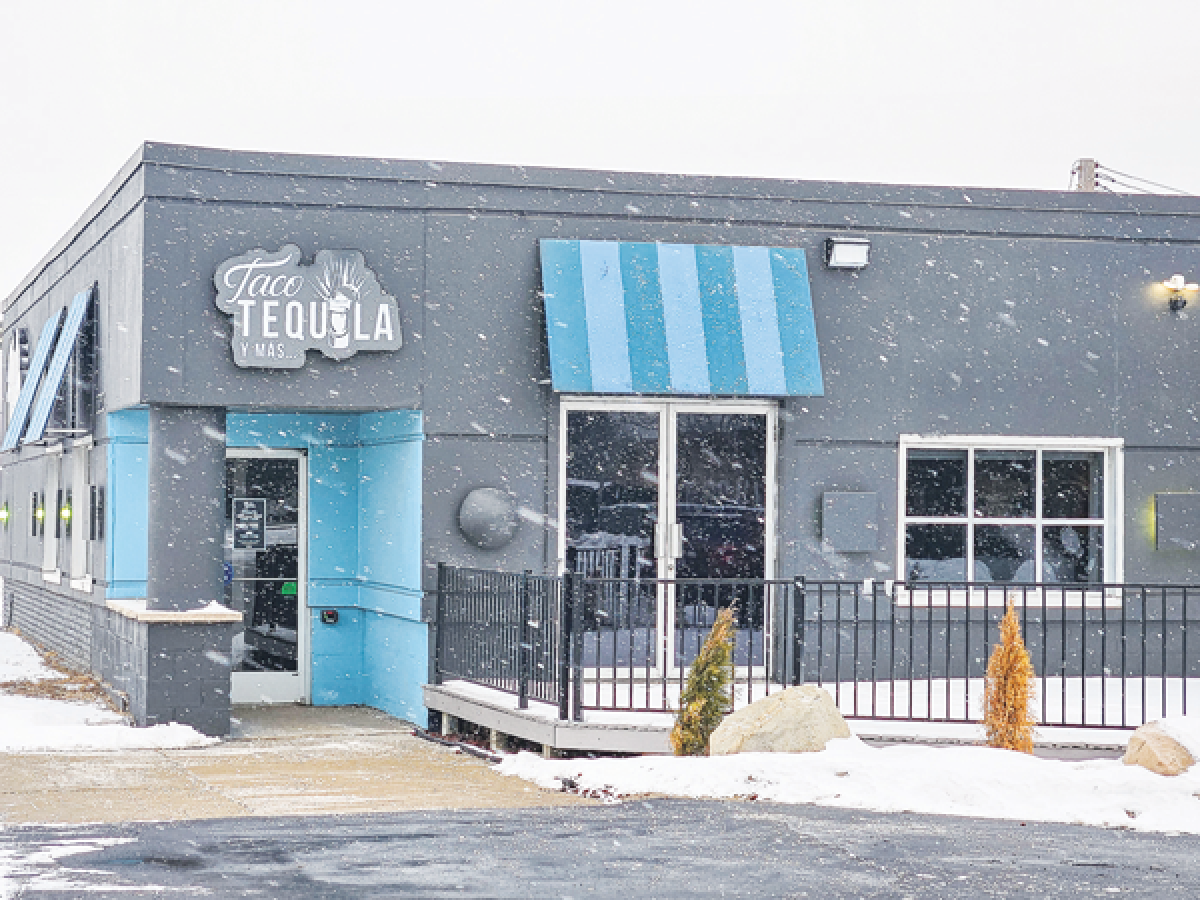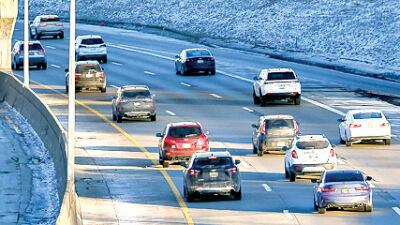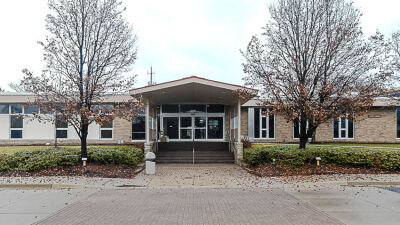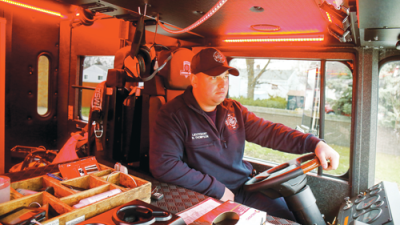MADISON HEIGHTS — Madison Heights is one of the most accommodating cities for starting and redeveloping a business, according to a report by researchers studying best business practices in Michigan.
The eCities study is conducted by iLabs researchers at University of Michigan Dearborn, covering a five-year period — in this case 2019 through 2023. The results were published at the end of last year, and awarded Madison Heights the highest rating of five stars. In all, 277 communities across 54 counties were considered.
“Our city has a business-friendly process and zoning ordinances that are bringing in new businesses to our city,” said Sean Fleming, a member of the Madison Heights City Council. “We are also working out the details of a streetscaping project on 11 Mile that I’m optimistic could be the catalyst for even more growth, revitalizing our downtown district.”
Melissa Marsh, the city manager, noted that Madison Heights has been recognized by the study since 2009 for best practices focused on business development and fostering entrepreneurship.
She said the study relies upon publicly available data points relating to community growth and investment metrics, including changes in property values, property taxes and governmental assets.
“Madison Heights has proven to have a solid, fiscally responsible city government and an attractive local environment for business investment,” Marsh said in an email.
She said that during the five-year period of the most recent study, Madison Heights saw an increase in real commercial property values, real industrial property values, total personal property values and assets, as well as an overall decrease in taxes, all of which contributed to the rating.
But also highlighted in the report was the city’s streamlined development approval process, with quick turnarounds for administrative development plans and building permits.
Marsh explained that in Madison Heights, the zoning ordinance has uses permitted “by right,” meaning the proposed use is called for in that zoning district without restriction. In other communities, the same plan might need to be reviewed by a planning commission in addition to the city planner, adding time to the development process, but for these clear-cut cases, the city can approve them administratively, saving valuable time for the developers.
The researchers were also impressed by the user-friendly language of the zoning ordinance and associated easy-to-read handouts and development applications. The report highlighted how the city has in-house planning, zoning and building services with a friendly permit counter that is accessible to developers in-person, over the phone and through email.
Marsh said this was partially the result of the updates the city made to its zoning ordinance, which simplified the language, used tables instead of lengthy paragraphs to describe uses, and even hyperlinked the document.
“This allows staff to easily find and print out a few pages for a potential business owner, and makes meeting our ordinance requirements clearer,” Marsh said.
She said the city is fortunate to have its own in-house planner, Matt Lonnerstater, which allows the city to review plans faster than if an outside contractor were being used.
“A potential business owner can call City Hall, set up a meeting, and get answers that help them move their project forward,” Marsh said.
The city also offers weekly pre-application meetings so property owners, business owners and developers can obtain input from city departments before spending a single dime on architectural and engineering plans. Marsh said that these meetings save even more time and money, allowing the development team to troubleshoot concepts with the same staff that will review it in person.
“It helps business owners establish a timeline from application to approval, and to identify any additional zoning approvals or required site improvements that an architect or engineer may forget,” Marsh said.
During the last five years, Madison Heights has invested more than $1.8 million in park maintenance and improvements, in addition to $15 million in road improvements and $4.8 million in water and sewer maintenance. These facts also registered with researchers, painting the picture of a city with a stable environment for both residents and businesses.
However, Madison Heights, like most suburban communities in metro Detroit, is fully built out, which means most development opportunities will be redevelopments.
“While much of our commercial and industrial spaces are in good shape, some older facilities may need significant reinvestment, or to be reconfigured to suit more modern uses,” Marsh said.
The city has its geographical advantages for prospective businesses, connected to the greater region with direct access to two major interstate highways — I-696 at the southern border and I-75 running through a portion of town.
The population within a 10-minute drive time of Madison Heights is nearly 218,000 people, and a wide variety of businesses cater to them, from large retailers, wholesale clubs and grocery stores to mid-size industrial uses and unique restaurants and independent retailers.
“Our new mixed use innovation district allows for a wider range of business uses, such as artisan manufacturing, maker spaces, and more commercial and retail uses,” Marsh said. “There are also facade and sign grants for businesses that are located within our downtown development area.”
Mark Bliss, the mayor pro tem, said the city is also seeing new types of businesses thanks to restrictions lifted or eased in the most recent zoning rewrite.
“We’re opening things like tattoo parlors and spas that weren’t allowed before, trying to make it as easy as possible for business to come in. It’s great to get that external validation from this report, showing all the hard work over the past five years is paying off, with (iLabs) congratulating us on it,” Bliss said. “It’s a great sign we’re on the right track, but there’s no ‘mission accomplished’ sign here — we still have a lot of work to do, particularly in our (downtown district) and other parts of the city.”
Roslyn Grafstein, the mayor of Madison Heights, said in the email that part of that effort will be improving access and walkability around town.
“It’s something we’re looking at with businesses coming in, asking what can we do to make them more pedestrian-friendly or biking-friendly, making sure there are bike racks and that the sidewalks around them are well-kept, and the roads too. We don’t have much (mass transit) here, so for people who don’t drive or want to drive, it’s very important to have amenities they want close by and walkable,” Grafstein said. “I think we’re slowly making our way towards that goal.”
 Publication select ▼
Publication select ▼















